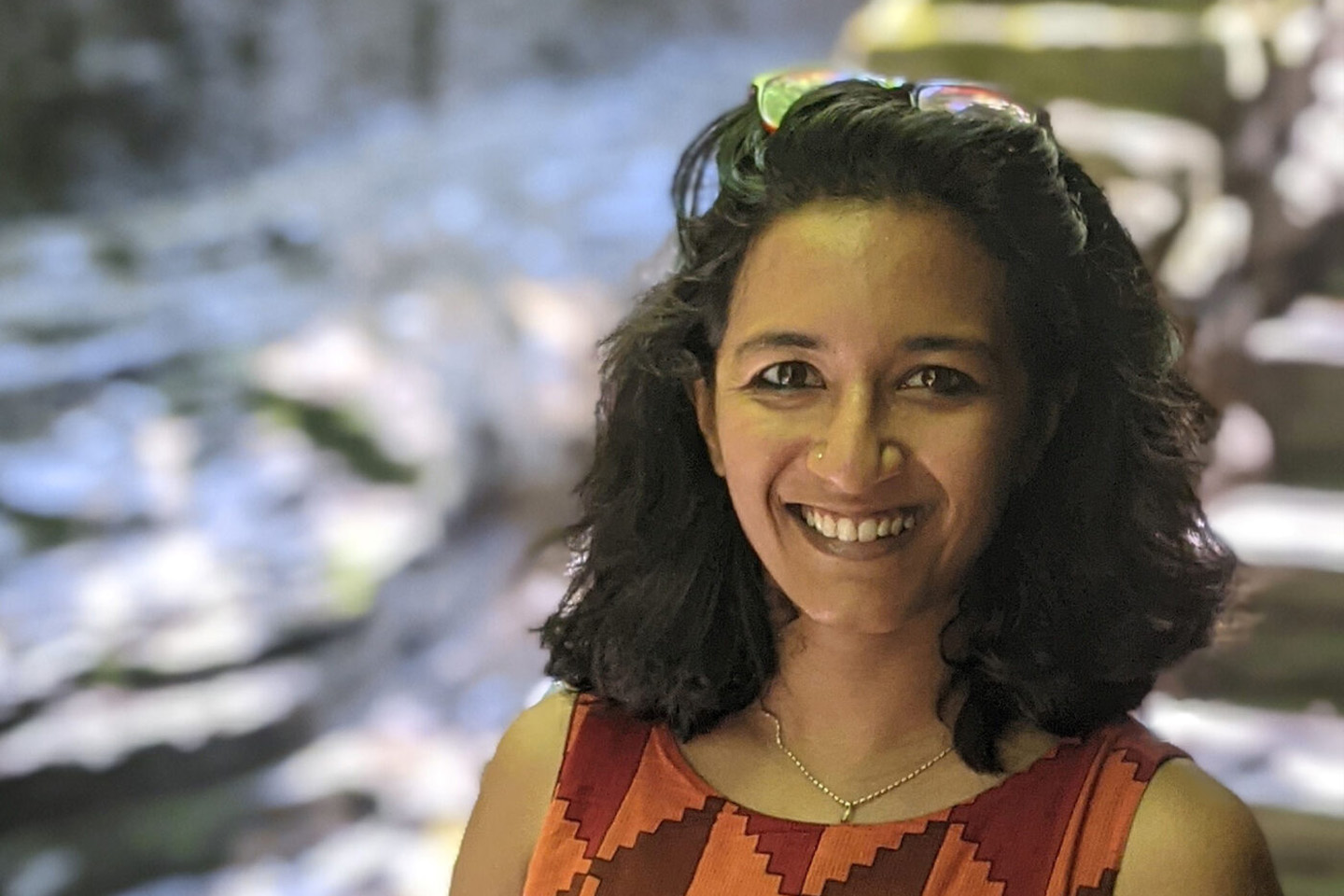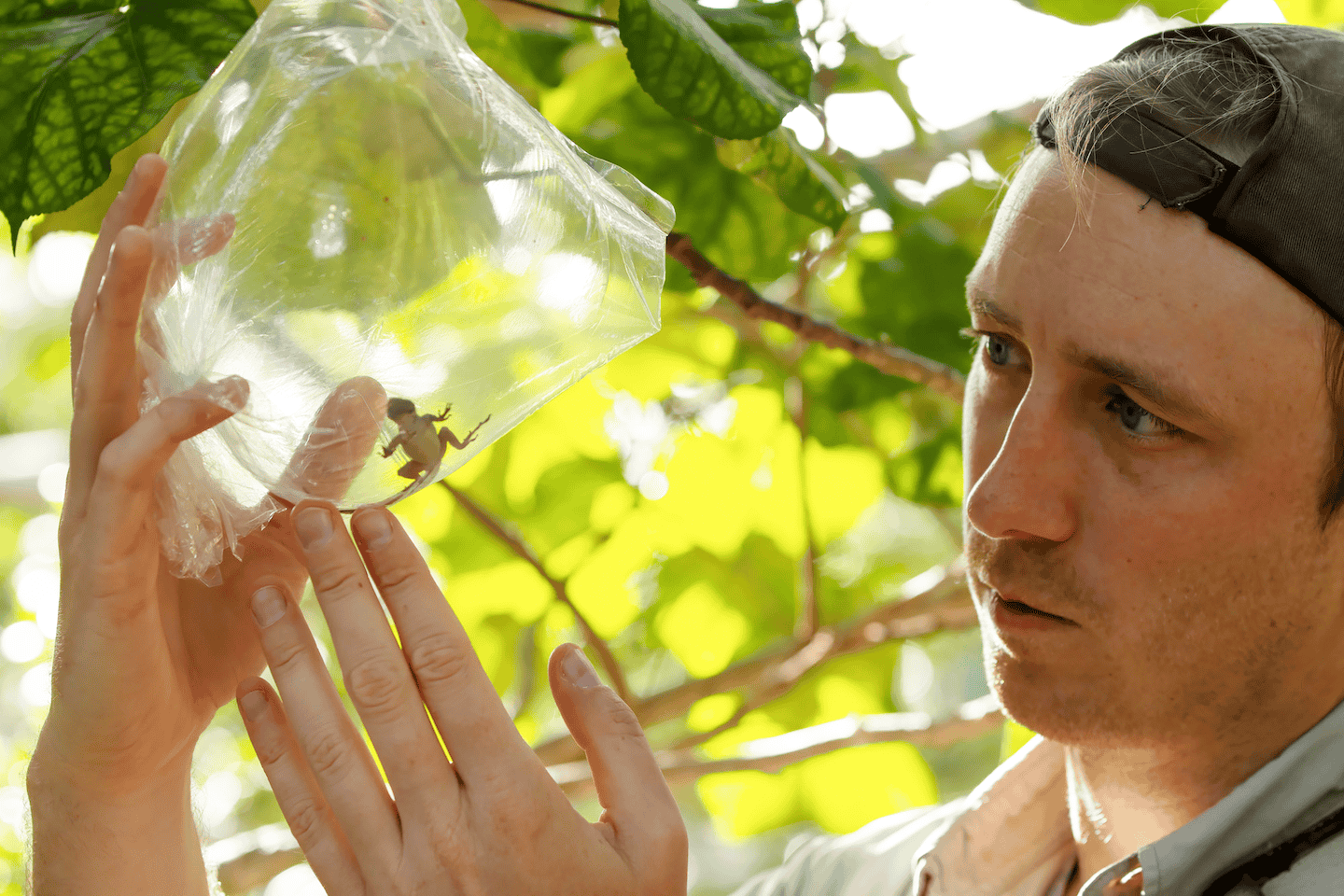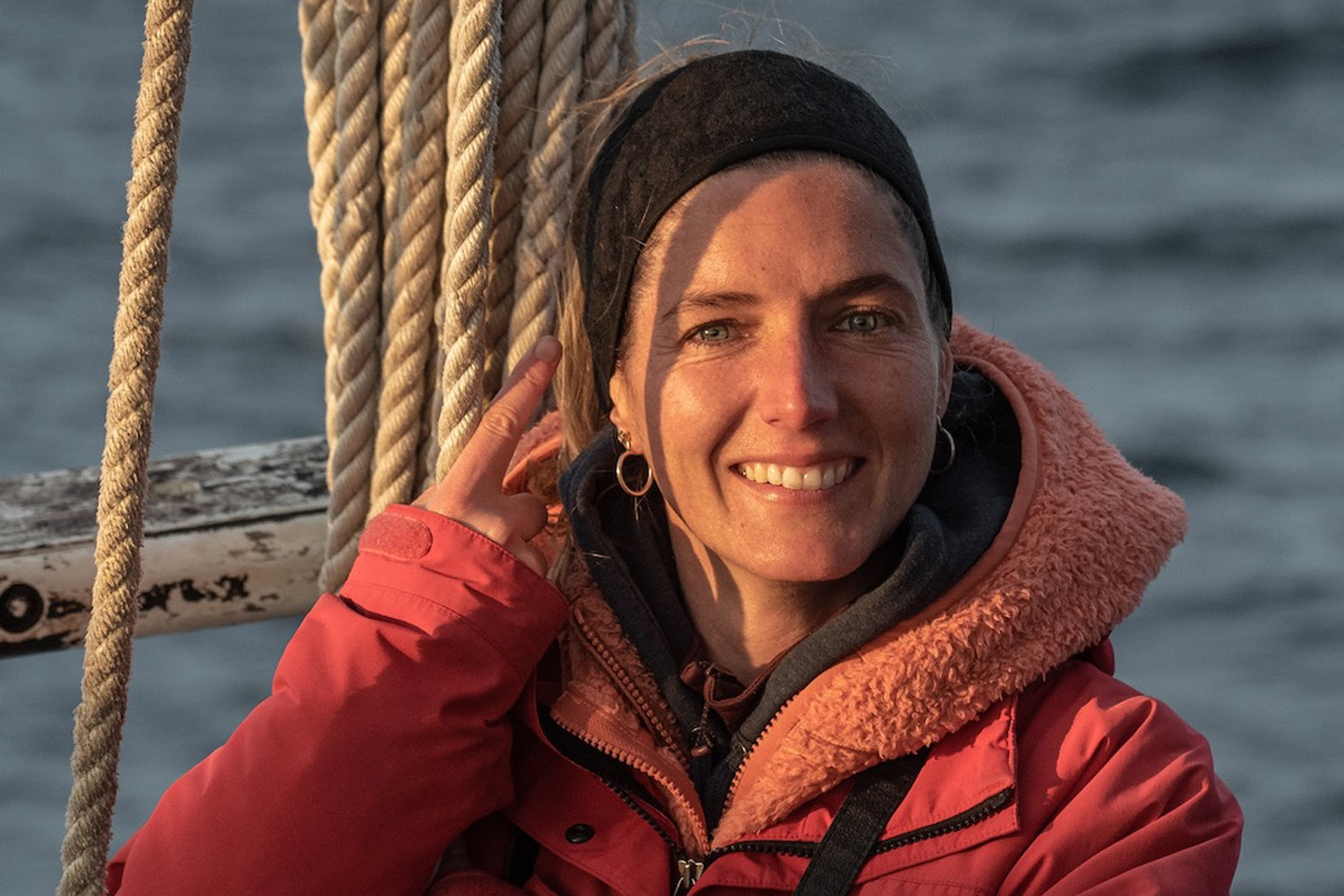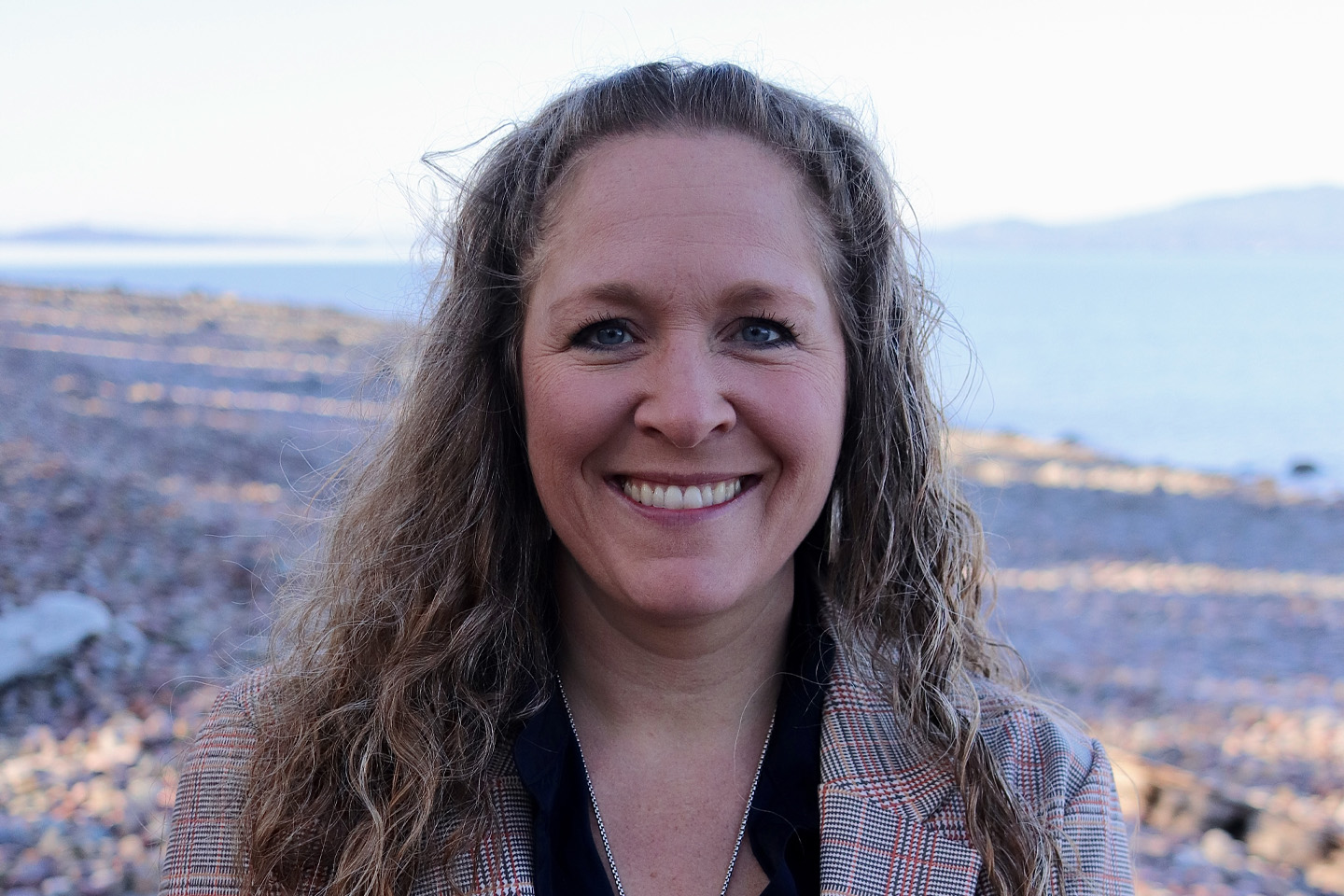Field Biology
Field research encourages scientists and students to confront challenges that require hands-on engagement with nature and collaboration with others.
Awards in Field Biology
Launched in 2020, the Maxwell/Hanrahan Awards in Field Biology recognize and encourage researchers whose work has been under-appreciated, is at an early career or critical stage and demonstrates curiosity in field-based research. The awards support individual scientists, elevate their diverse perspectives and enable them to commit time to the observation and experimentation that help us better understand the world around us.
Discovery and insight require time and commitment.
These are one-time, unrestricted awards, intended to provide field biologists with funding, attention and support. Candidates must be early career or at an important career junction and conducting research through hands-on fieldwork. The Foundation selects awardees for the impact and originality of their research, as well as the momentum an award could provide at a critical career point in their work. Self-nominations are not allowed. Nominators confidentially identify nominees, and a selection committee recommends awardees.
2025 Field Biology Awards





Grants in Field Biology
To complement the Awards in Field Biology, the Foundation also supports undergraduate- and graduate-level Field Research Fellowships and Internships at an array of US-based research institutions to provide early scientists with meaningful, hands-on experiences that can make a difference in their careers.
Small Grants for Field Biologists provide field biologists around the world with quick-turnaround funding to address immediate obstacles, such as access to scientific equipment, gear or materials.